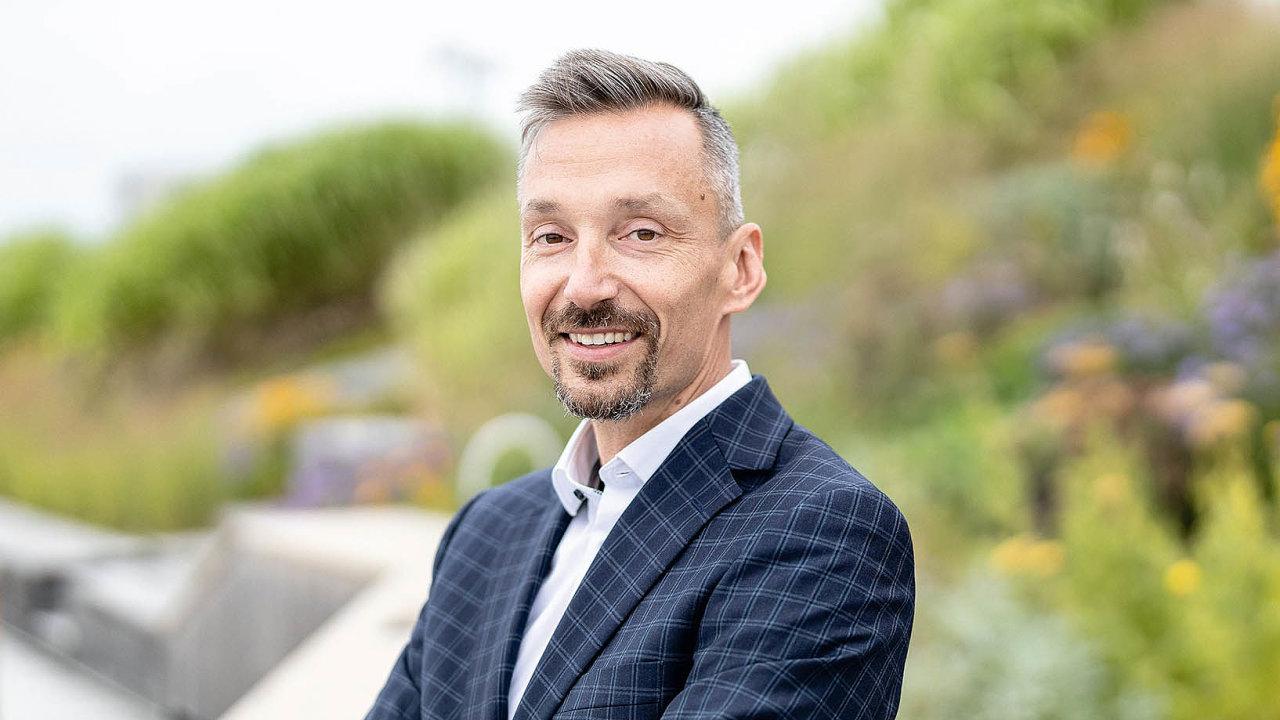Panattoni’s sustainable strategy for Czech and Slovak industrial real estate
Panattoni, a leading developer in industrial real estate, is navigating an evolving landscape in the Czech Republic and Slovakia. In an exclusive interview with CIJ EUROPE, Pavel Sovička, Managing Director the Czech Republic and Slovakia, several key trends are reshaping the market, from the effects of the Green Deal to nearshoring opportunities and the push for automation. The company is positioning itself at the forefront of these changes, focusing on sustainability, efficiency, and bespoke solutions to meet the demands of its customers.
One of the most significant trends identified by Sovička is the shift toward sustainability, accelerated by the Green Deal and the growing importance of energy efficiency. As companies prioritize reducing their carbon footprints, they are moving away from fossil fuels, opting for alternatives like heat pumps. “The Green Deal effect is driving the demand for more efficient buildings,” says Sovička. This is particularly evident in the growing number of businesses pursuing automation, energy-efficient warehouses, and sustainable practices.
In line with this trend, Panattoni is aligning its projects with the European Union’s taxonomy, which sets out standards for sustainable investment. For instance, the company ensures that all its developments are certified by BREEAM New Construction, with many achieving excellence ratings. Brownfield developments, which involve repurposing former industrial sites, are also a significant focus for Panattoni. These projects not only help recycle materials but also contribute to reducing the environmental impact of new constructions.
Automation is playing a critical role in shaping the demand for industrial real estate. Sovička highlights that companies like Tchibo and ZF Corporation are leading the charge by implementing automation in their distribution centers. For example, Panattoni recently upgraded Tchibo’s facility to integrate advanced automated systems, reducing the need for manual labor and allowing the company to operate with significantly fewer employees while boosting efficiency.
Consolidation is another emerging trend, with businesses looking to centralize operations. “Instead of scattered warehouses, companies are now consolidating into more efficient, larger spaces,” says Sovička. This shift is especially prominent in sectors like automotive, where companies are preparing for future growth despite ongoing economic challenges.
As businesses adopt new technologies and pursue automation, the demand for built-to-suit facilities has risen. Sovička points out that vacancy rates in the Czech Republic remain low, with many companies requiring specialized spaces that can’t be found in speculative developments. “A lot of these projects need specialized buildings, and it’s difficult to adjust the technology to existing spaces,” he explains.
This trend is particularly noticeable in sectors like logistics, where proximity to consumers and operational efficiency are paramount. Panattoni is responding by focusing on large-scale, built-to-suit projects that can accommodate future growth and technological advancements.
Despite the current economic slowdown, Sovička sees opportunities for growth, particularly in nearshoring. As global supply chains continue to adjust post-pandemic, European companies are increasingly looking to relocate production closer to home. This is particularly true for automotive companies, which are seeking alternatives to Asian manufacturers.
Panattoni is preparing for this shift by developing large-scale sites in both the Czech Republic and Slovakia. In the Ostrava region, for instance, the company is working on projects like the Mošnov multimodal logistics hub and a former mine site, both of which are positioned to attract major investments from industries like automotive and semiconductors.
Looking ahead, Sovička acknowledges several challenges, particularly in securing permits and preparing sites for development. In the Czech Republic, the process for obtaining building permits is notoriously slow, with timelines ranging from two to eight years. This is a major hurdle for developers like Panattoni, especially in comparison to markets like Germany and Poland, where projects can begin within months after receiving permits.
However, Sovička remains optimistic. He believes that the availability of large, well-prepared sites with sufficient infrastructure, particularly in terms of electricity and water, will be a key factor in Panattoni’s future success. The company is also committed to staying ahead of its competitors by focusing on sustainable building practices and ensuring its developments meet the highest global standards.
As Panattoni continues to expand its presence in the region, Sovička emphasizes the importance of collaboration and partnerships with both customers and investors. By offering tailored solutions and maintaining a flexible approach, Panattoni is positioning itself as a leader in the industrial real estate market, ready to meet the evolving needs of businesses in the Czech Republic and Slovakia.
Panattoni’s strategic focus on sustainability, automation, and large-scale developments is shaping the future of industrial real estate in Central Europe. As businesses adapt to new challenges, including nearshoring, energy efficiency, and technological advancements, Panattoni is poised to provide the infrastructure needed to support these changes. With a commitment to innovation and sustainability, the company is setting a new standard for industrial real estate in the region.
© CIJ EUROPE









